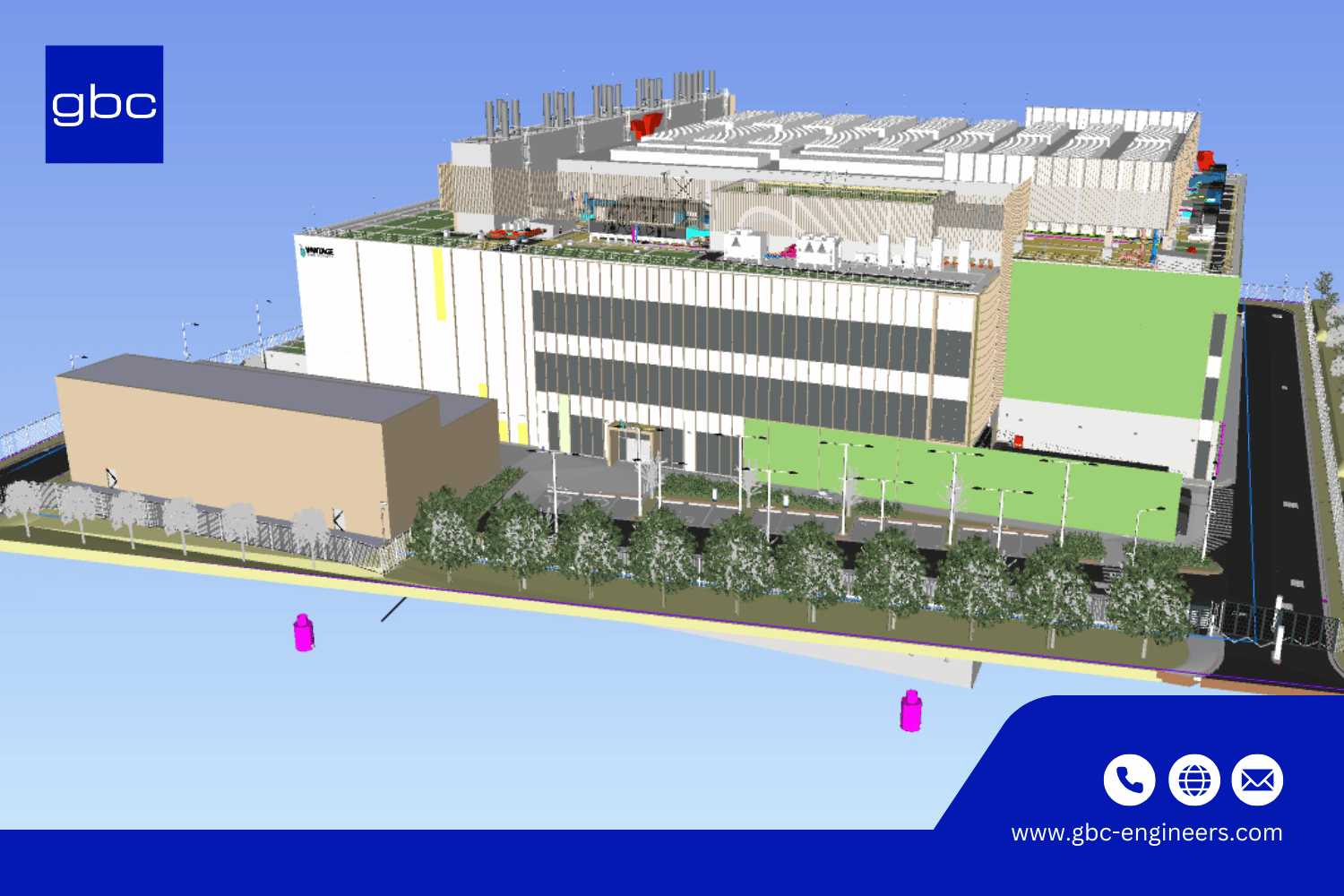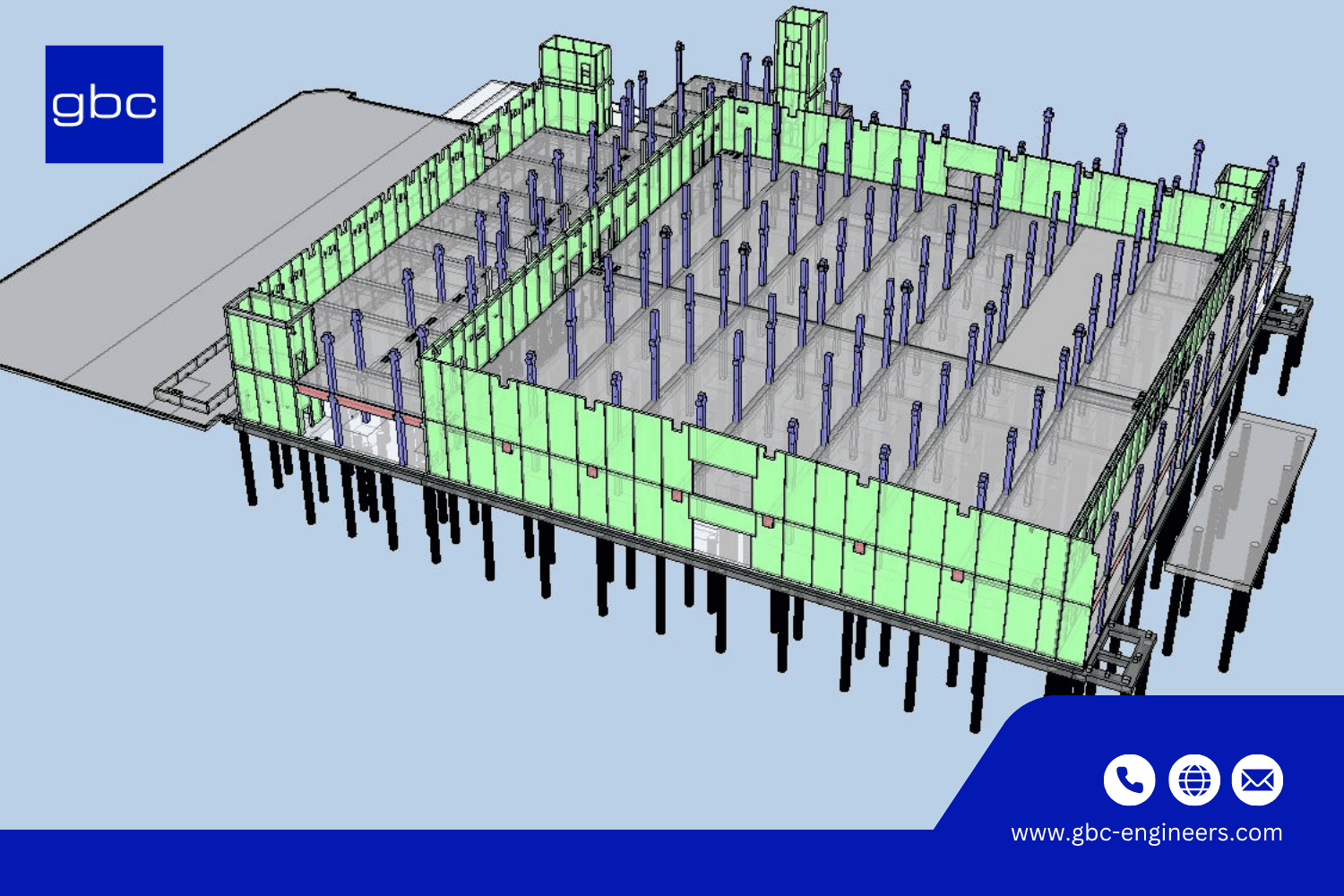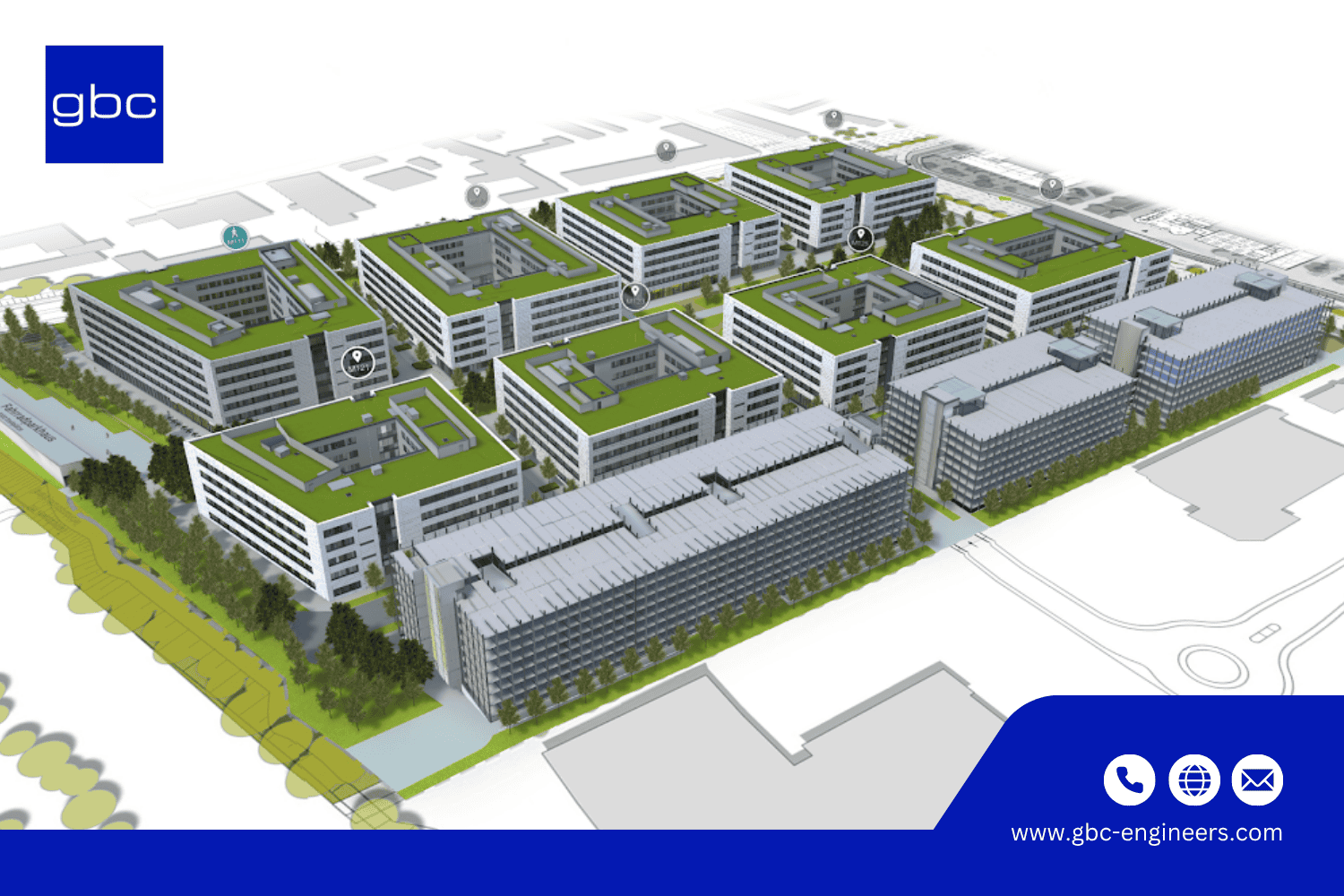In today’s hyper-connected world, data is the foundation of every business. As organizations continue to expand digitally, the demand for reliable, efficient, and scalable data center infrastructure is growing rapidly. Traditional data centers, once considered the industry's gold standard, are now struggling to keep pace with fast deployment requirements, rising energy efficiency expectations and tightening sustainability regulations. These pressures are driving the increasing adoption of modular data centers, a development that is already making a measurable impact. According to research from Omdia, revenue for modular facilities built onsite using prefabricated components climbed from approximately $2.3 billion in 2020 to $3.25 billion in 2023. With a projected annual growth rate of 13% through 2026, the modular data center market is expected to reach an impressive $5.25 billion.
This is where modular data center design plays a crucial role. It introduces a modern and flexible approach that redefines how infrastructure is built and scaled. In this article, we explore what modular data centers are, the advantages they offer, and how engineering innovators like gbc engineers are shaping the future of this rapidly evolving sector.
The Rise of Modular Data Centers
As digital transformation accelerates across industries, data traffic and cloud adoption have exploded. Companies need facilities that can be deployed faster, operate more efficiently, and adapt to growth. These are challenges that traditional brick-and-mortar data centers struggle to meet.
A modular data center solves these challenges by leveraging prefabricated, factory-built modules that can be transported and assembled on-site. Each module integrates key components such as IT racks, power systems, and cooling solutions, forming a complete, scalable infrastructure.
Global technology vendors have also embraced this trend by offering modular-ready power, cooling, and IT infrastructure components that accelerate deployment and boost energy efficiency. However, what sets gbc-engineers apart is its engineering-driven approach that combines modular data center structural design expertise with advanced sustainability principles to create facilities that are both high-performing and future-ready.
A relevant example is the FRA31 Data Center, where gbc-engineers contributed to structural and engineering development for a mission-critical facility.

What Modular Data Centers Really Are
A modular data center is more than just a “containerized” IT room. It’s a highly engineered ecosystem where every module is prefabricated, tested, and optimized for rapid deployment. These modules can be stacked, expanded, or relocated as business requirements evolve.
At the heart of modular systems lies structural design. This discipline ensures the physical integrity, resilience, and adaptability of each module. The modular data center structural design focuses on:
- Load-bearing efficiency: Supporting multiple module tiers and equipment weight.
- Thermal optimization: Structurally accommodating airflow and cooling pathways.
- Ease of integration: Seamlessly connecting MEP (Mechanical, Electrical, Plumbing) systems between modules.
Unlike traditional facilities that can take years to construct, modular data centers are built in parallel with site preparation, significantly reducing time to market. This makes them ideal for industries like finance, manufacturing, and cloud computing that cannot afford downtime or delays.
To see these engineering principles applied in practice, explore the BER22 Data Center Project, a large-scale mission-critical development engineered by gbc-engineers.

Key Benefits of Modular Data Center Structural Design
Speed and Efficiency
Because modules are built off-site in controlled environments, construction time is dramatically shortened. Businesses can have a fully operational data center in a fraction of the time compared to conventional buildings.
Scalability
As data demands increase, companies can easily add new modules without disrupting operations. This “pay-as-you-grow” approach ensures investment efficiency.
Energy and Sustainability
Modern modular data center designs incorporate sustainable materials, renewable energy integration, and high efficiency cooling systems, supporting ESG goals and reducing long-term operational costs.
Cost Predictability
Prefabrication minimizes on-site variables, enabling accurate budget forecasts and reduced risk of project overruns.
Structural Reliability
A well-executed modular data center structural design ensures resilience against seismic events, weather extremes, and vibration. These capabilities are essential for mission-critical IT environments.
With comprehensive engineering services across structure, MEP, and civil disciplines, gbc-engineers ensure every modular data center is built for performance and longevity.
What Modular Data Centers Aren’t
Despite their growing popularity, modular data centers are often misunderstood. Here are a few myths to clarify:
| Not Just Containers |
While some modular data centers use ISO containers, most modern solutions are fully engineered, building-quality modules designed for permanent installation. |
| Not Temporary |
Modular data centers are not “pop-up” facilities. They are permanent, high-reliability infrastructures built to meet enterprise-grade uptime standards. |
| Not One-Size-Fits-All |
Every business has unique needs for power density, cooling, and space. Modular systems can be customized accordingly. This is an area where gbc engineers excel with its bespoke engineering approach. |
Inside the Design Process: How gbc-engineers Builds Smarter Data Centers
gbc-engineers combines innovation and precision engineering to deliver customized modular data center designs that meet global performance standards. Their process integrates architectural, structural, and MEP disciplines to ensure cohesive project execution from concept to completion.
Key Design Priorities
- Structural Stability: Each module is engineered for seismic resistance, vibration control, and long-term durability.
- Thermal Efficiency: The structure accommodates optimal cooling paths and airflow management.
- Ease of Expansion: Modular foundations are pre-engineered for future scalability.
- Digital Integration: BIM (Building Information Modeling) is used to ensure coordination across all engineering layers.
Featured Project
In a recent European project, gbc engineers contributed to the design of a modular data center optimized for renewable energy integration and low-carbon materials. The project focused on compact footprint, rapid deployment, and superior energy performance. This demonstrates the firm’s commitment to sustainable engineering in critical infrastructure.
Another strong example of mission-critical and high-tech engineering capability is the Siemens Campus Erlangen. This multi-phase development involves advanced planning, coordination, and modular-inspired building systems.

The Future of Data Centers and Why Choose gbc-engineers
The global shift toward AI, edge computing, and IoT is accelerating the demand for agile and high-density data infrastructure. Modular data centers are positioned at the forefront of this transformation because they offer flexibility and resilience that traditional buildings cannot match.
While global hardware vendors continue to innovate modular-ready power and cooling solutions, gbc engineers is shaping the next generation of modular data center design. This approach brings together architecture, sustainability, and structural precision.
Choosing gbc engineers means choosing:
- Proven expertise in modular data center structural design
- Integrated engineering solutions across civil, structural, and MEP
- A global track record of efficient, sustainable, and scalable projects
|
About us
gbc engineers
is an international engineering consultancy with offices in Germany, Poland, and Vietnam, having delivered 10,000+ projects worldwide. We provide services in structural engineering, data center design, infrastructure and bridge engineering, BIM & Scan-to-BIM, and construction management. Combining German engineering quality with international expertise, we achieve sustainable, safe, and efficient solutions for our clients.
|